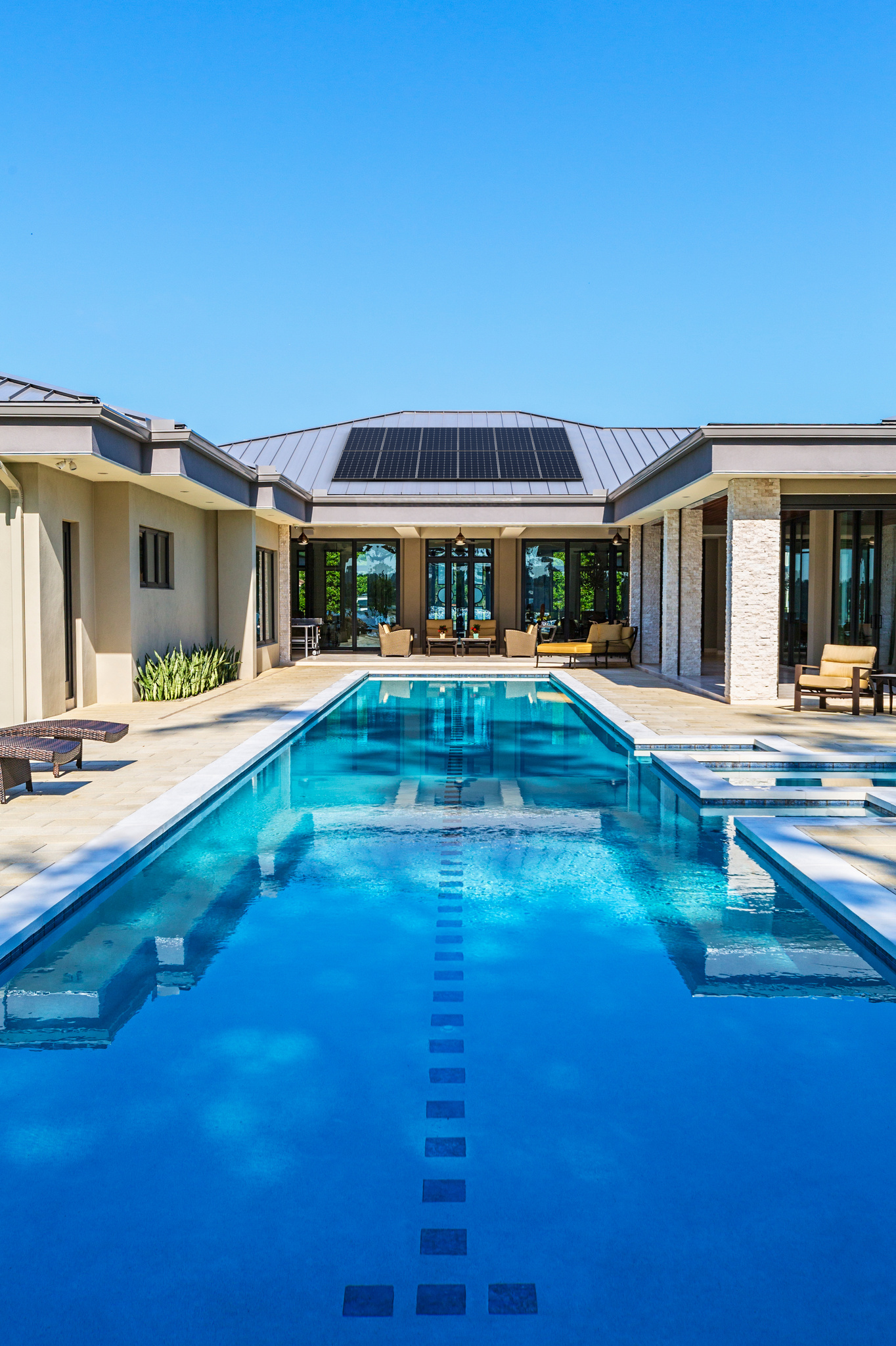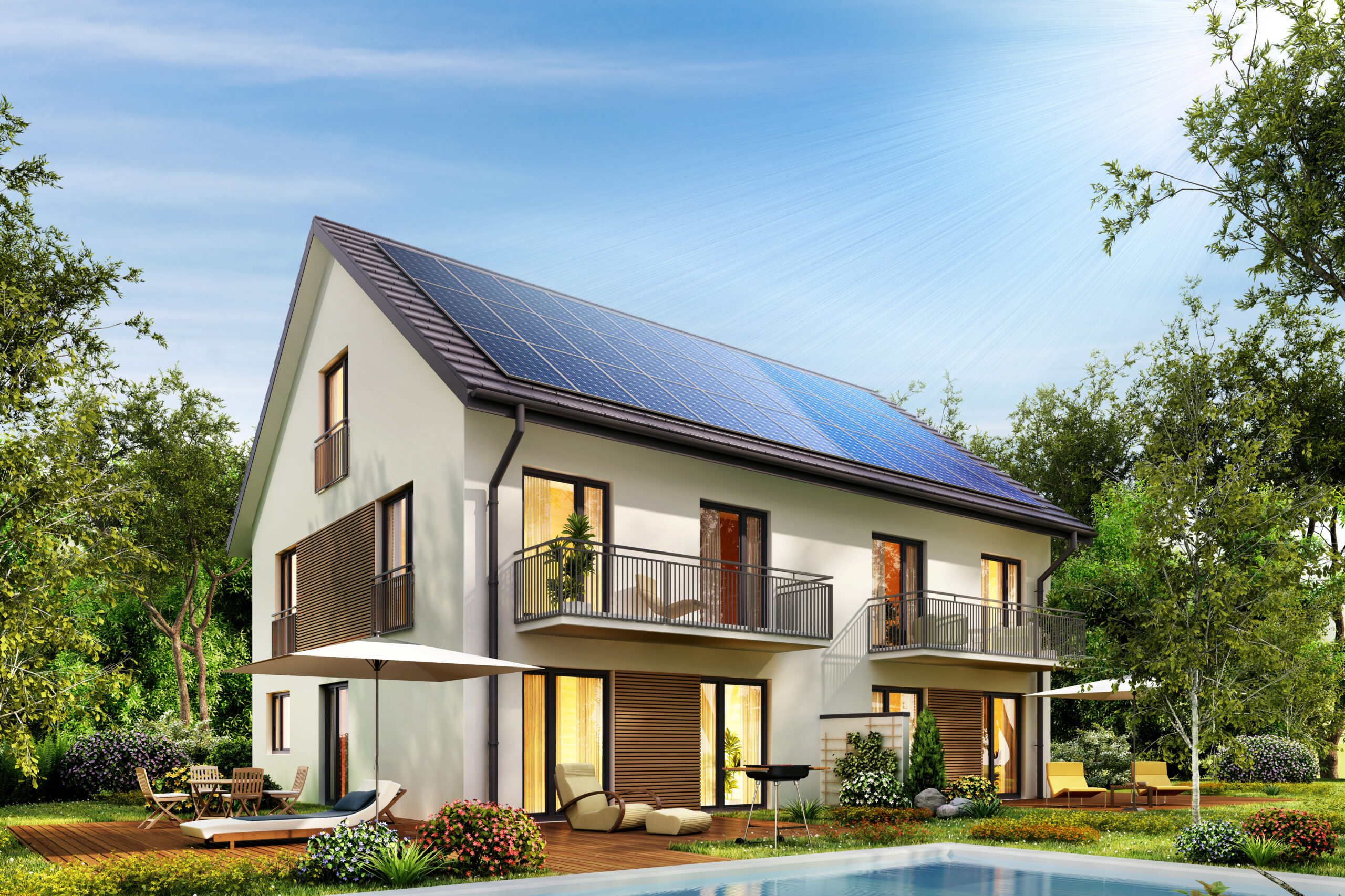Many people wonder whether solar panels will work in bad weather conditions, such as rain, snow, or overcast skies. The short answer is yes, solar panels will still work, but their efficiency may be reduced.
Solar panels rely on sunlight to produce electricity, which means that they work best on sunny days when there is plenty of direct sunlight. However, even on cloudy or overcast days, solar panels can still generate electricity, although at a reduced rate. The amount of energy produced by solar panels is measured in kilowatt-hours (kWh), and this figure will be lower on cloudy or overcast days than on sunny days.
Similarly, rain or snow can reduce the efficiency of solar panels, as water droplets or snowflakes can block some of the sunlight from reaching the solar cells. However, many solar panels are designed to be self-cleaning, which means that they can remove water or snow build-up and continue to operate efficiently.
In extreme weather conditions, such as hurricanes or tornadoes, solar panels may be damaged or destroyed. However, most solar panels are designed to withstand strong winds and other weather conditions, and they are tested to ensure that they can withstand harsh weather.
In summary, solar panels will still work in bad weather conditions, but their efficiency may be reduced. It’s important to choose high-quality solar panels that are designed to withstand local weather conditions, and to ensure that they are installed securely to prevent damage from strong winds or other extreme weather events. By doing so, you can enjoy the benefits of solar energy even in bad weather conditions.










